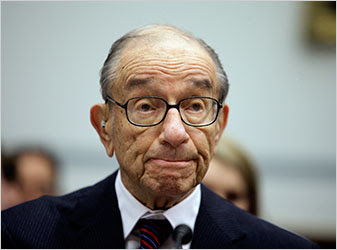In his short story “Pigeon Feathers,” John Updike’s fourteen-year-old character David is terrified of death: “a long hole in the ground, no wider than your body, down which you are drawn while the white faces above recede. You try to reach them but your arms are pinned. Shovels pour dirt into your face. There you will be forever…and in time no one will remember you, and you will never be called.”
The story is about faltering faith in God, and its desperate ending does nothing to convince us that Updike disagrees with his young mouthpiece’s doubt. David has just cruelly shot a handful of pesky albeit beautiful pigeons when the story concludes abruptly: “He was robed in this certainty: that the God who had lavished such craft upon these worthless birds would not destroy His whole Creation by refusing to let David live forever.”
Compared with this ugly brashness, David’s earlier description of human death is much more palatable. And while it is true that every poet and perhaps every human legitimately fears being eventually forgotten in death, in pronouncing this fear, Updike also announces its remedy: the remembrance and “calling” of the living. Just as Wordsworth pleaded with his sister to “remember me and these my exhortations,” I think that what Updike does here in effect is to remind us of what makes us most human (and least pigeonly): that we care about and can remember each other, even across the bridge of death.
Updike suggests that those actions are meaningful not just to ourselves, but perhaps (we can only imagine) to the dead as well. And so it is a human strength, and not a weakness, that when we gather around the “long hole” of a loved one, we choose to overcome the ugly brashness of death by engaging in the acts of remembering, and of calling.
My experiences of the last year have certainly informed my re-reading of Updike here, as those of you who know me probably suspect. But it is two deaths in the past week which have brought me specifically to put pen to paper (or fingertip to keyboard, I suppose), as friends, acquaintances, journalists, and I remember a coworker’s father, and Updike himself.
